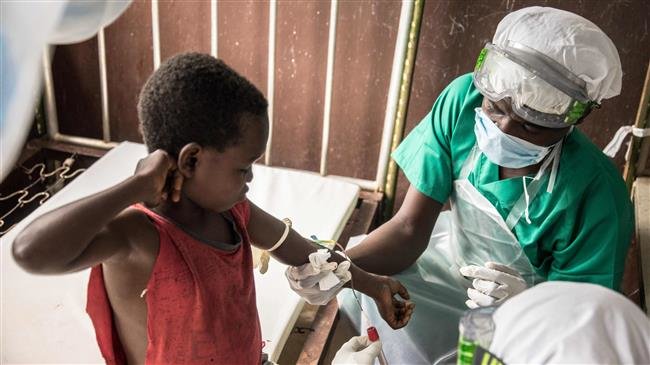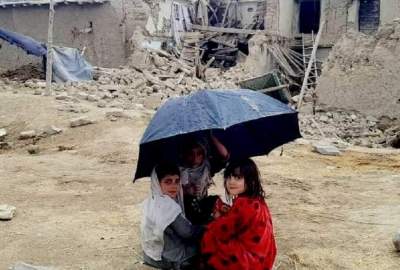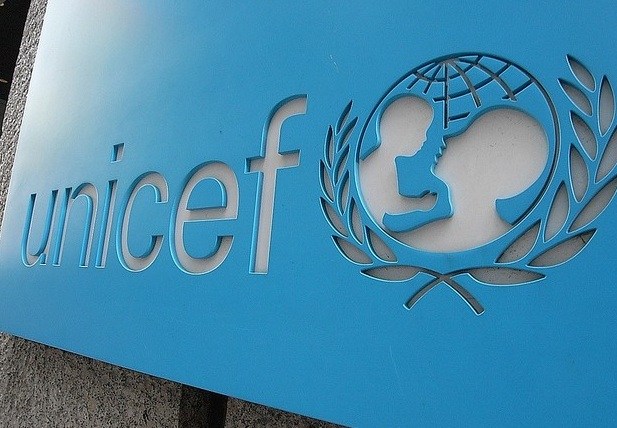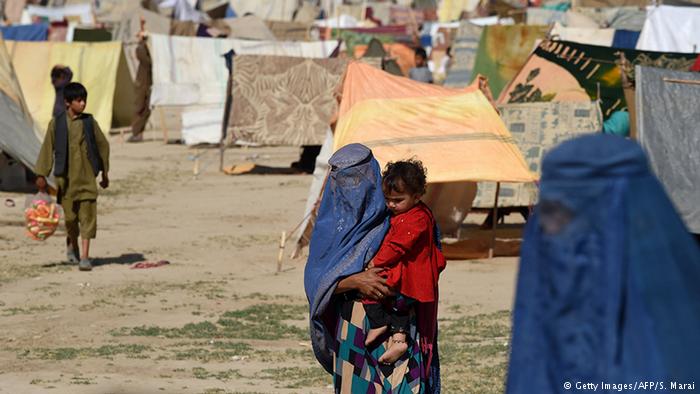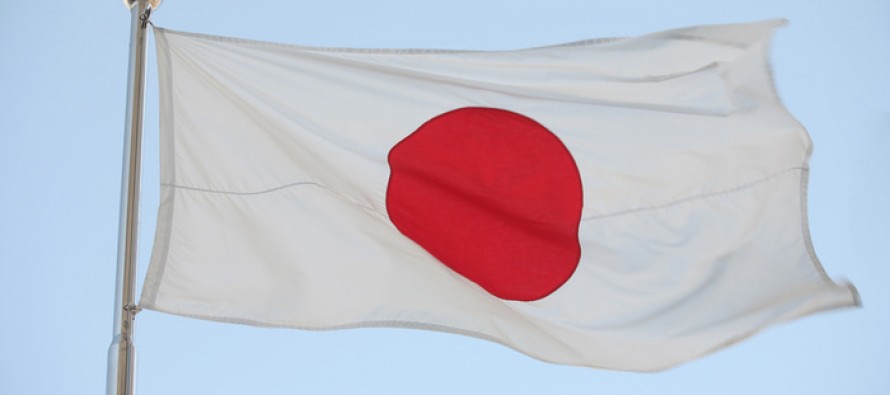The United Nations children's agency UNICEF has warned that two-thirds of all children in Central African Republic, amounting to 1.5 million kids, need emergency aid.
Publish dateSaturday 1 December 2018 - 08:14
Story Code : 175028
AVA- The UN agency said in a new report on Friday that the number of children in need of emergency assistance in the strife-torn country has increased by 300,000 to some 1.5 million nationwide, compared with 2016.
Christine Muhigana, the UNICEF's top representative in the country, told journalists in Geneva that the situation in CAR is "probably even worse" than during the country's conflict of 2013.
In March 2013, the Central African Republic plunged into chaos when then-president Francois Bozize was toppled and replaced by Michel Am-Nondokro Djotodia, the first Muslim to hold the presidency in the country.
Djotodia's opponents then formed "anti-Balaka" vigilante units, drawn from the Christian majority, which began to target Muslims and commit widespread atrocities.
In 2014, some 11,000 peacekeepers were deployed by the UN to the country as part of MINUSCA or the Multidimensional Integrated Stabilization Mission in the Central African Republic.
Seleka and anti-Balaka representatives signed a ceasefire agreement later that year but the country has not yet fully emerged from its bloody past.
Reports say there are at least 18 armed groups operating in the country, fighting for control of the natural resources.
"What we are trying to do under these extraordinary circumstances is to keep children alive," Muhigana said.
According to the UNICEF, one in four children are either internally displaced or have fled the country as refugees due to the conflict.
Attacks on aid workers in CAR also increased fourfold this year, making responding to those in need increasingly difficult.
Some 294 attacks targeting aid workers were recorded in the first eight-and-a-half months of this year, compared to only 67 such incidents through all of 2017, according to UNICEF.
The UNICEF called the emergency in CAR "one of the most neglected" in the world.
Christine Muhigana, the UNICEF's top representative in the country, told journalists in Geneva that the situation in CAR is "probably even worse" than during the country's conflict of 2013.
In March 2013, the Central African Republic plunged into chaos when then-president Francois Bozize was toppled and replaced by Michel Am-Nondokro Djotodia, the first Muslim to hold the presidency in the country.
Djotodia's opponents then formed "anti-Balaka" vigilante units, drawn from the Christian majority, which began to target Muslims and commit widespread atrocities.
In 2014, some 11,000 peacekeepers were deployed by the UN to the country as part of MINUSCA or the Multidimensional Integrated Stabilization Mission in the Central African Republic.
Seleka and anti-Balaka representatives signed a ceasefire agreement later that year but the country has not yet fully emerged from its bloody past.
Reports say there are at least 18 armed groups operating in the country, fighting for control of the natural resources.
"What we are trying to do under these extraordinary circumstances is to keep children alive," Muhigana said.
According to the UNICEF, one in four children are either internally displaced or have fled the country as refugees due to the conflict.
Attacks on aid workers in CAR also increased fourfold this year, making responding to those in need increasingly difficult.
Some 294 attacks targeting aid workers were recorded in the first eight-and-a-half months of this year, compared to only 67 such incidents through all of 2017, according to UNICEF.
The UNICEF called the emergency in CAR "one of the most neglected" in the world.
Source : خبرگزاری Afghn Voice Agency(AVA)
avapress.net/vdccipqs42bqmx8.-ya2.html
Tags
Top hits
